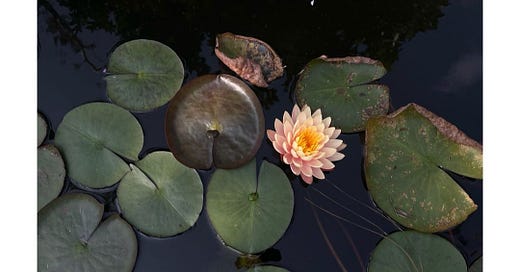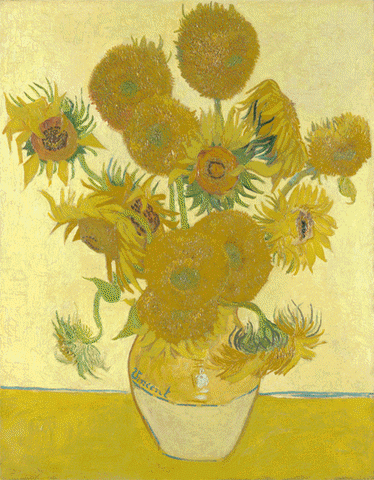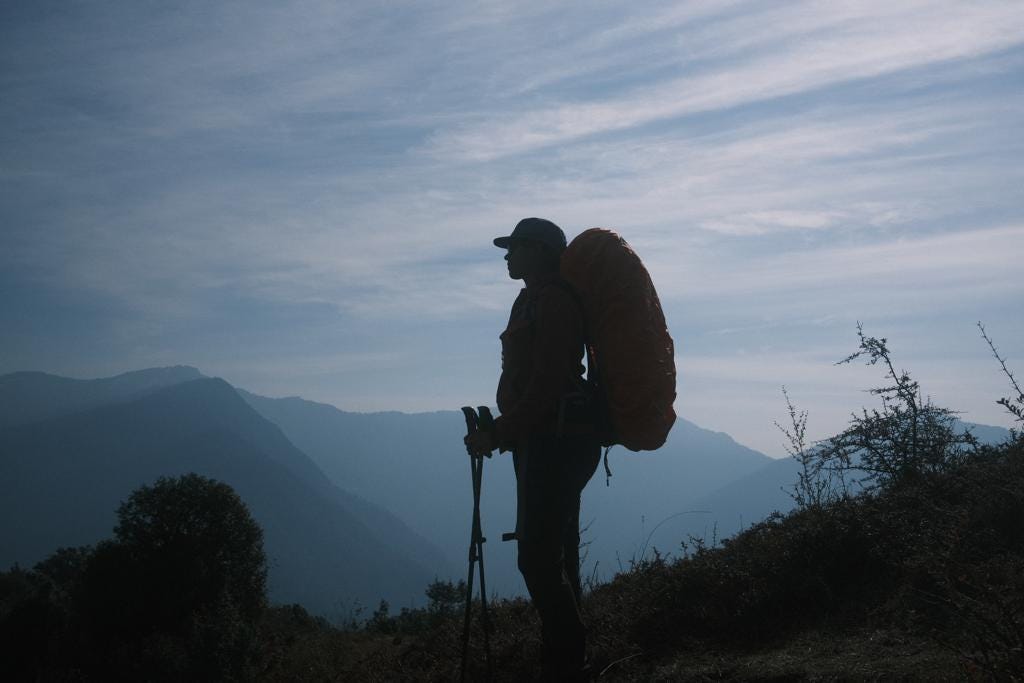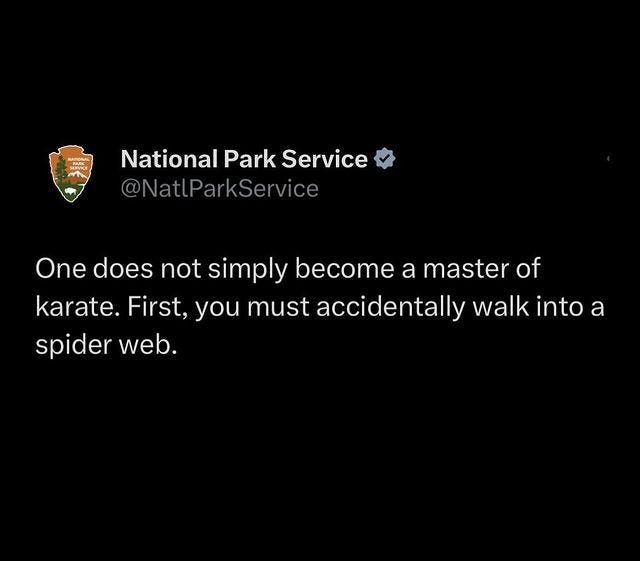The trees have started blooming and my favourite time of the year is here!
The avenue roads are dusted yellow with copper pods, mixed with the pale green of the neem flowers and the fleshy orange of the gulmohars. It’s a riot of colours (and pollens if you’re allergic) and on most mornings the Sun is bright and round, swiftly inching towards the zenith. The skies take upon brilliant hues of blues throughout the day, sometimes clear and sometimes speckled with small tufts of white… Ah how can one possibly being to explain summer days! Just kidding, Mary Oliver does it best in her often quoted Summer Day.
Summer Day
Who made the world?
Who made the swan, and the black bear?
Who made the grasshopper?
This grasshopper, I mean—
the one who has flung herself out of the grass,
the one who is eating sugar out of my hand,
who is moving her jaws back and forth instead of up and down—
who is gazing around with her enormous and complicated eyes.
Now she lifts her pale forearms and thoroughly washes her face.
Now she snaps her wings open, and floats away.
I don't know exactly what a prayer is.
I do know how to pay attention, how to fall down
into the grass, how to kneel down in the grass,
how to be idle and blessed, how to stroll through the fields,
which is what I have been doing all day.
Tell me, what else should I have done?
Doesn't everything die at last, and too soon?
Tell me, what is it you plan to do
with your one wild and precious life?
—Mary OliverSummers, for me, are for eating fruits, staying outdoors for as long as possible, sitting under trees, talking to birds, pissing off cats and for sleeping on the floor without mats in the nights. It is a time when you are bursting with energy (all that sunshine!) and at the same time feel the need to slow down a little (so much heat!).
Am I romanticising the scorching heat when cities run the risk of going bone dry? Maybe. And I worry about that too. But imagine the number of muskmelons and watermelons and mangoes that can be had!
And this brings me back to the topic of food and I hope you paid some heed to the request I made in my last letter to you. Are you eating well?
Chocolate Milk
Oh God! It’s great!
to have someone fix you
chocolate milk
and to appreciate their doing it!
Even as they stir it
in the kitchen
your mouth is going crazy
for the chocolate milk!
The wonderful chocolate milk!
- Ron PadgetNot all artists had bad eating habits. Some of them perfected amazingly difficult habits that I often think about. Haruki Murakami, for instance, ran marathons with a single-minded dedication and this, he believed, fuelled his work. In his book What I talk When I Talk About Running, he addresses the very idea of an unhealthy artist.
Sometimes people will ask me this;
"You live such a healthy life every day, Mr. Murakami, so don't you think you'll one day find yourself unable to write novels anymore?" People don't say this much when I'm abroad, but a lot of people in Japan seem to hold the view that writing novels is an unhealthy activity, that novelists are somewhat degenerate and have to live hazardous lives in order to write. There's a widely held view that by living an unhealthy lifestyle a writer can remove himself from the profane world and attain a kind of purity that has artistic value. This idea has taken shape over a long period of time. Movies and TV dramas perpetuate this stereotypical-or, to put a positive spin on it, legendary — figure of the artist.
Murakami likens the dangers of any artists’ tryst with the creative source to that of coming face to face with some sort of toxin that lies deep down in all humanity. “All writers have to come face-to-face with this toxin and, aware of the danger involved, discover a way to deal with it, because otherwise no creative activity in the real sense can take place. […] with a fugu fish, the tastiest part is the portion near the poison.”
And to be able to do that, one can only find the strength within. “If I want to write a large-scale work, increasing my strength and stamina is a must, and I believe this is something worth doing, or at least that doing it is much better than not.”
For me, writing a novel is like climbing a steep mountain, struggling up the face of the diff, reaching the summit after a long and arduous ordeal. You overcome your limitations, or you don't, one or the other. I always keep that inner image with me as I write.
This, I can relate with the most! Writing is definitely like climbing a steep mountain and for me, the more I climb, the more far away the summit seems. But pay attention to what he says next.
Needless to say, someday you're going to lose. Over time the body inevitably deteriorates. Sooner or later, it's defeated and disappears. When the body disintegrates, the spirit also (most likely) is gone too. I'm well aware of that. However, I'd like to postpone, for as long as possibly can, the point where my vitality is defeated and surpassed by the toxin. That's my aim as a novelist. And besides, at this point I don't have the leisure to be bummed out. Which is exactly why even though people say, "He's no artist," I keep on running.
I’d also like to share a little about psychologist Carl Jung, whose slow life I aspire to live.
It is said that Carl Jung, one of the most influential psychologists of our age, built his own house in Switzerland and kept building it throughout the 1930s. It was a primitive dwelling that had no electricity, telephone connection or even piped water supply. Water was, at first, fetched from a lake nearby, then boiled before use. Eventually he installed a hand pump. Cooking was done on a wood fired stove and he used oil lamps only when needed. Otherwise the house was lit by natural light. A very rudimentary, hermit sort of a living. This house, called the Bollingen tower, was where Carl felt the most himself. He wrote, “At Bollingen I am in the midst of my true life, I am most deeply myself.” Below is an excerpt from Mason Currey’s book
“At Bollingen, Jung rose at 7:00 A.M.; said good morning to his saucepans, pots, and frying pans; and "spent a long time preparing breakfast, which usually consisted of coffee, salami, fruits, bread and butter," the biographer Ronald Hayman notes. He generally set aside two hours in the morning for concentrated writing. The rest of his day would be spent painting or meditating in his private study, going for long walks in the hills, receiving visitors, and replying to the never-ending stream of letters that arrived each day. At 2:00 or 3:00 he took tea; in the evening he enjoyed preparing a large meal, often preceded by an aperitif, which he called a "sun-downer." Bedtime was at 10:00. "At Bollingen I am in the midst of my true life, I am most deeply myself," Jung wrote. "... I have done without electricity, and tend the fireplace and stove myself. Evenings, I light the old lamps. There is no running water, I pump the water from the well. I chop the wood and cook the food. These simple acts make man simple; and how difficult it is to be simple!"
Sigh! What wouldn’t I give to live like this! When you watch this video you’ll get why I said I aspire to live like this :)
(Unfortunately, you can only watch this on Youtube. Please go ahead but come back to this letter. I have a little more to add.)
These days, I often make notes of all the things I’d like to share with you and here’s a quick list :)
This burst of love I came across on Maria Popova’s Instagram page last week. It is a passage from Louise Erdrich’s 2005 novel The Painted Drum. I wish I had seen this as a 15 year old. It might have mended me in some ways. Sending you a warm hug.
“Life will break you. Nobody can protect you from that, and living alone won’t either, for solitude will also break you with its yearning. You have to love. You have to feel. It is the reason you are here on earth. You are here to risk your heart. You are here to be swallowed up. And when it happens that you are broken, or betrayed, or left, or hurt, or death brushes near, let yourself sit by an apple tree and listen to the apples falling all around you in heaps, wasting their sweetness. Tell yourself that you tasted as many as you could.”
Remember to keep the animals and the birds in the wild in your prayers. For them to always find water.
This post, hehe
Ghosts on the Aconcagua - A real-life thriller mystery about a group of eight American mountaineers who tried to climb Argentina’s Aconcagua, the western hemisphere’s highest mountain, fifty years ago. The unsolved mystery surrounding the death of a few resurfaced recently when a camera used by one of the climbers was found accidentally, due to climate change and melting mountain glaciers. A long, satisfying read. I also realised that I preferred such stories to be told in this medium rather than watching a Netflix produced mini series. What do you think?
Write to you soon,
Love,
A







